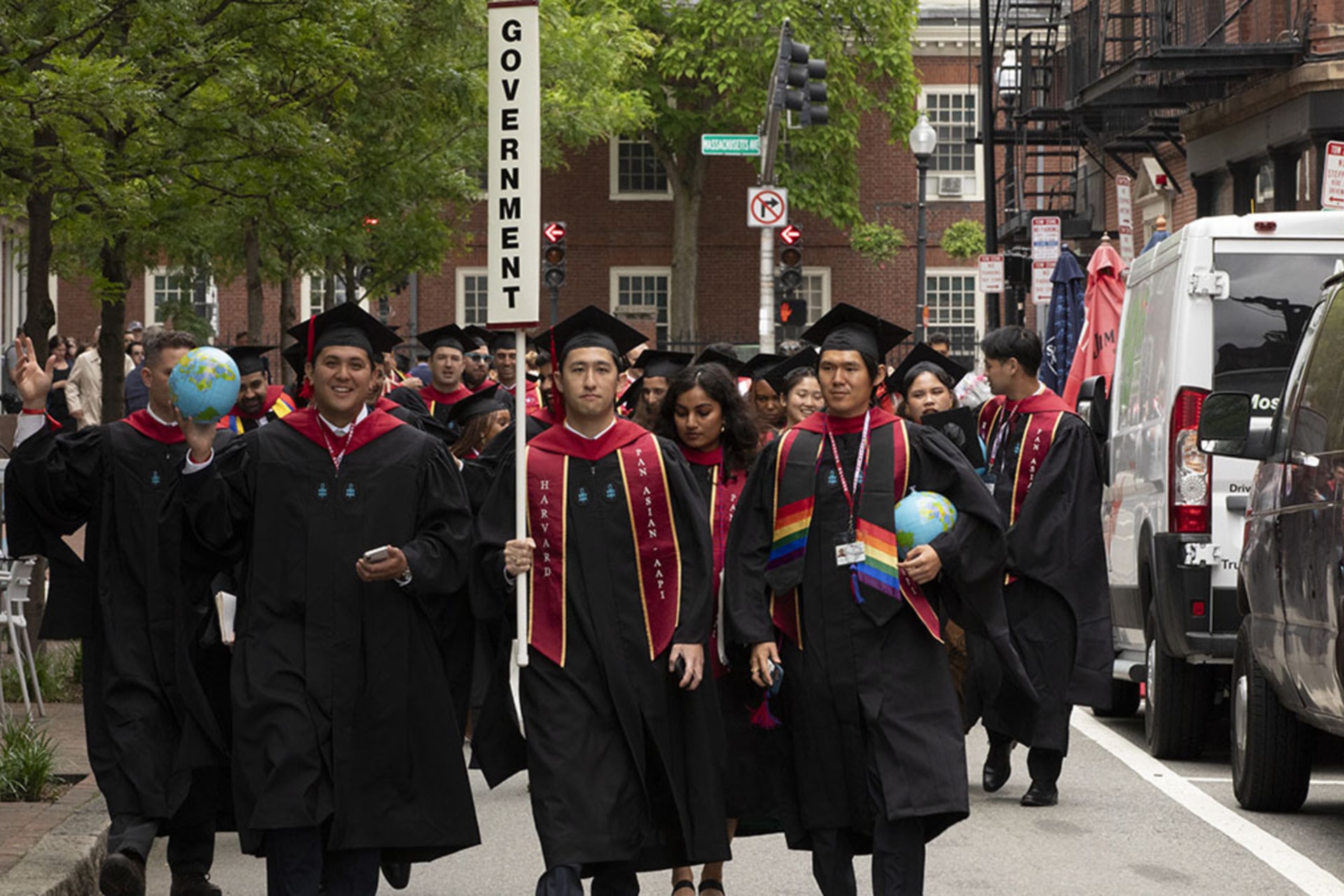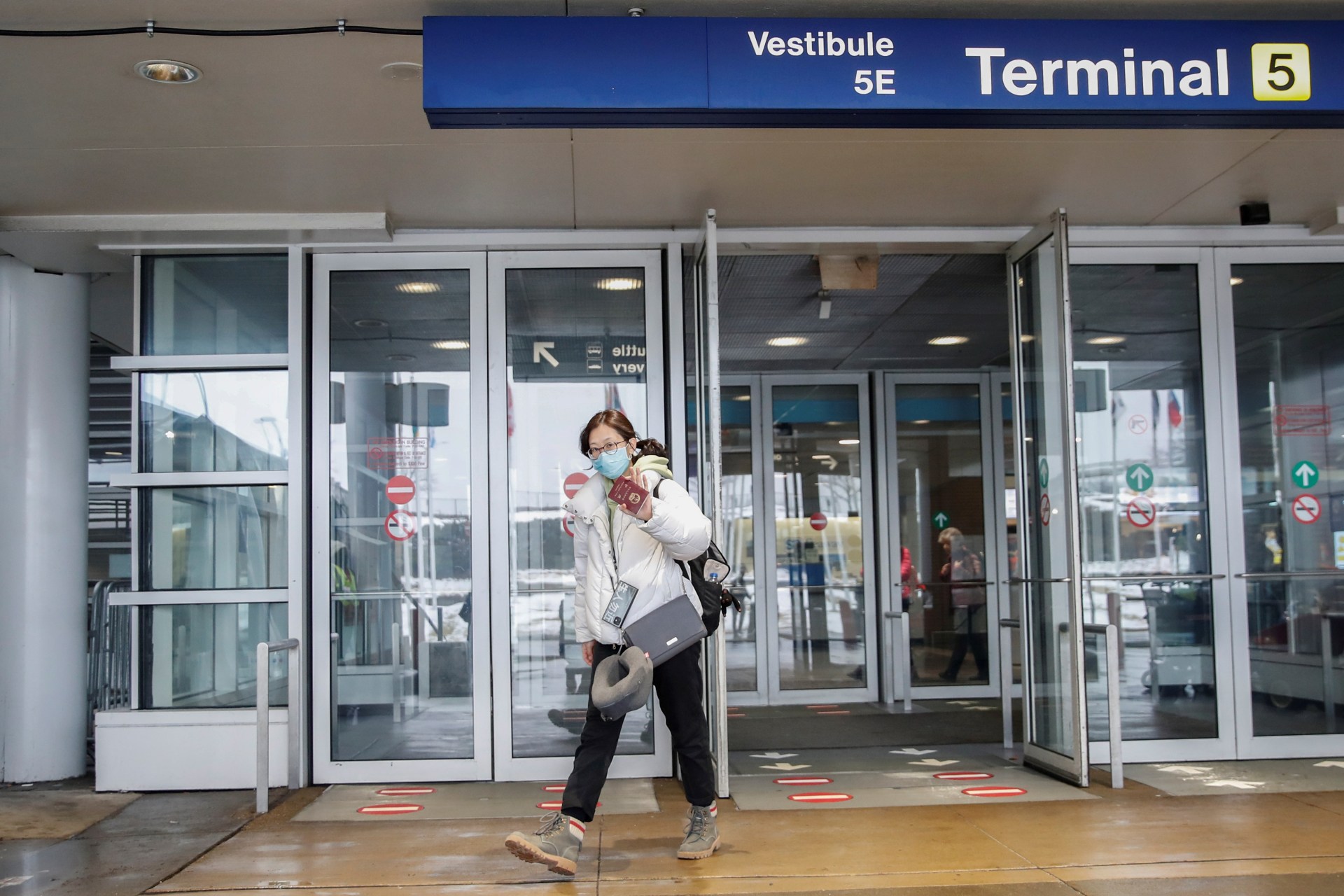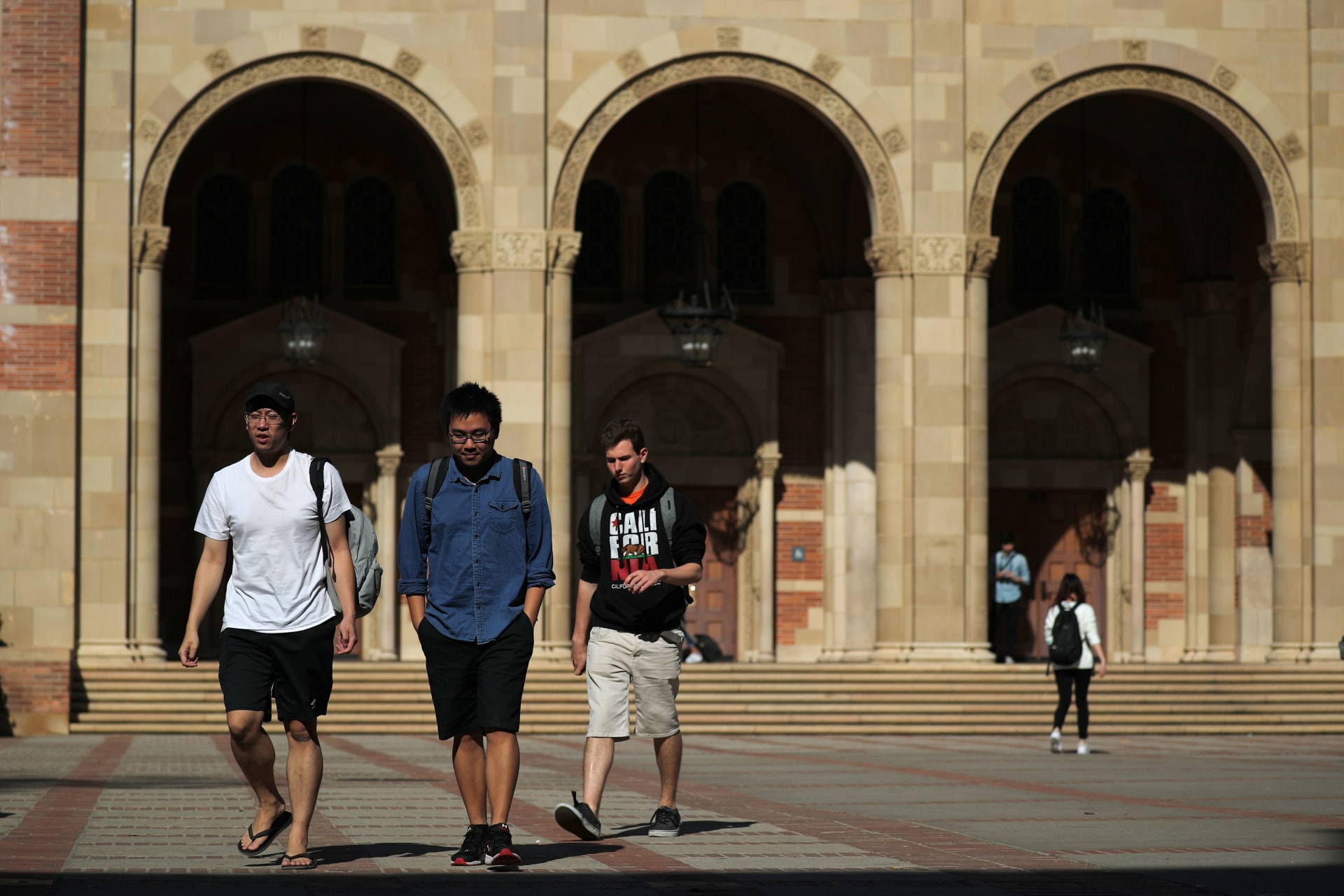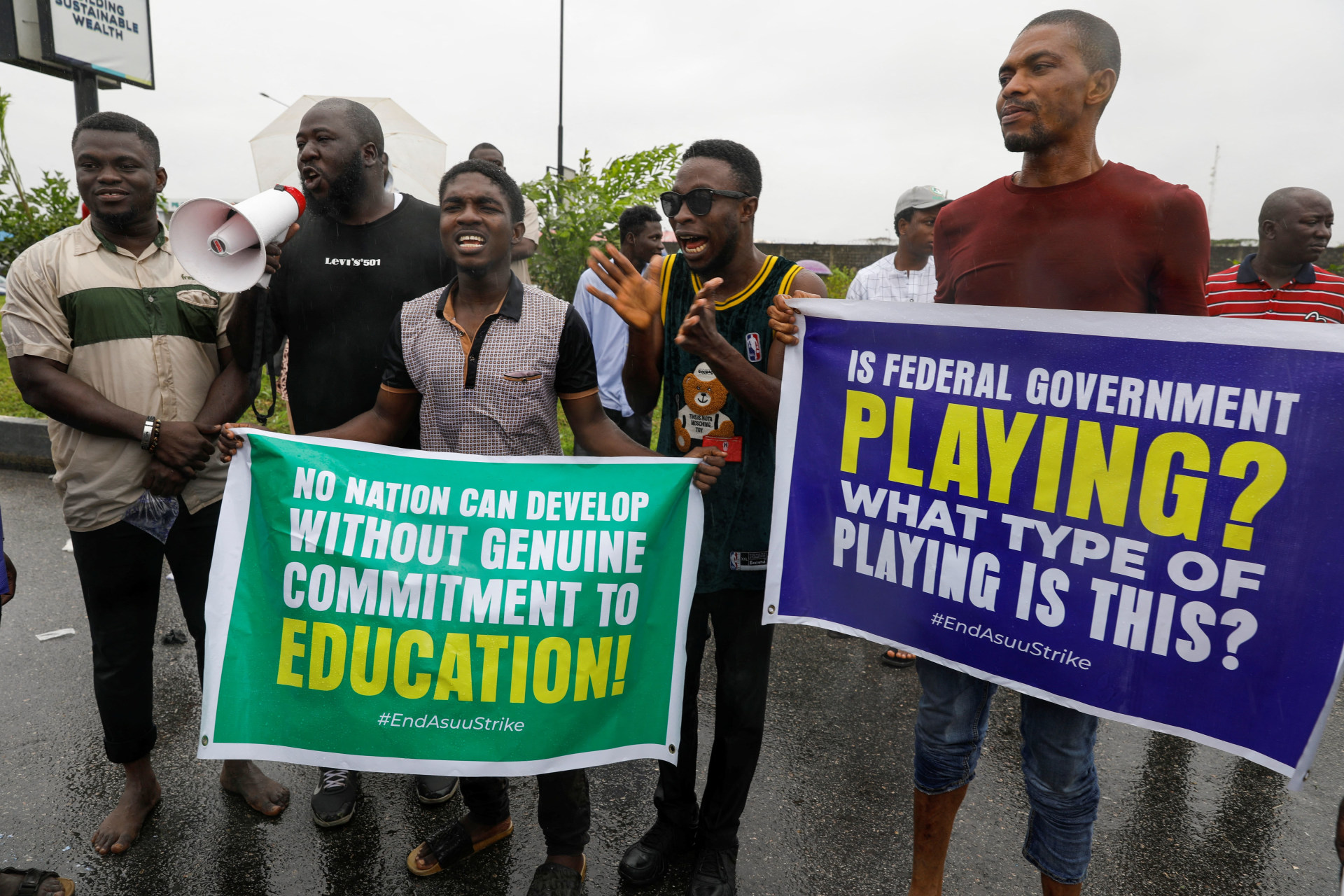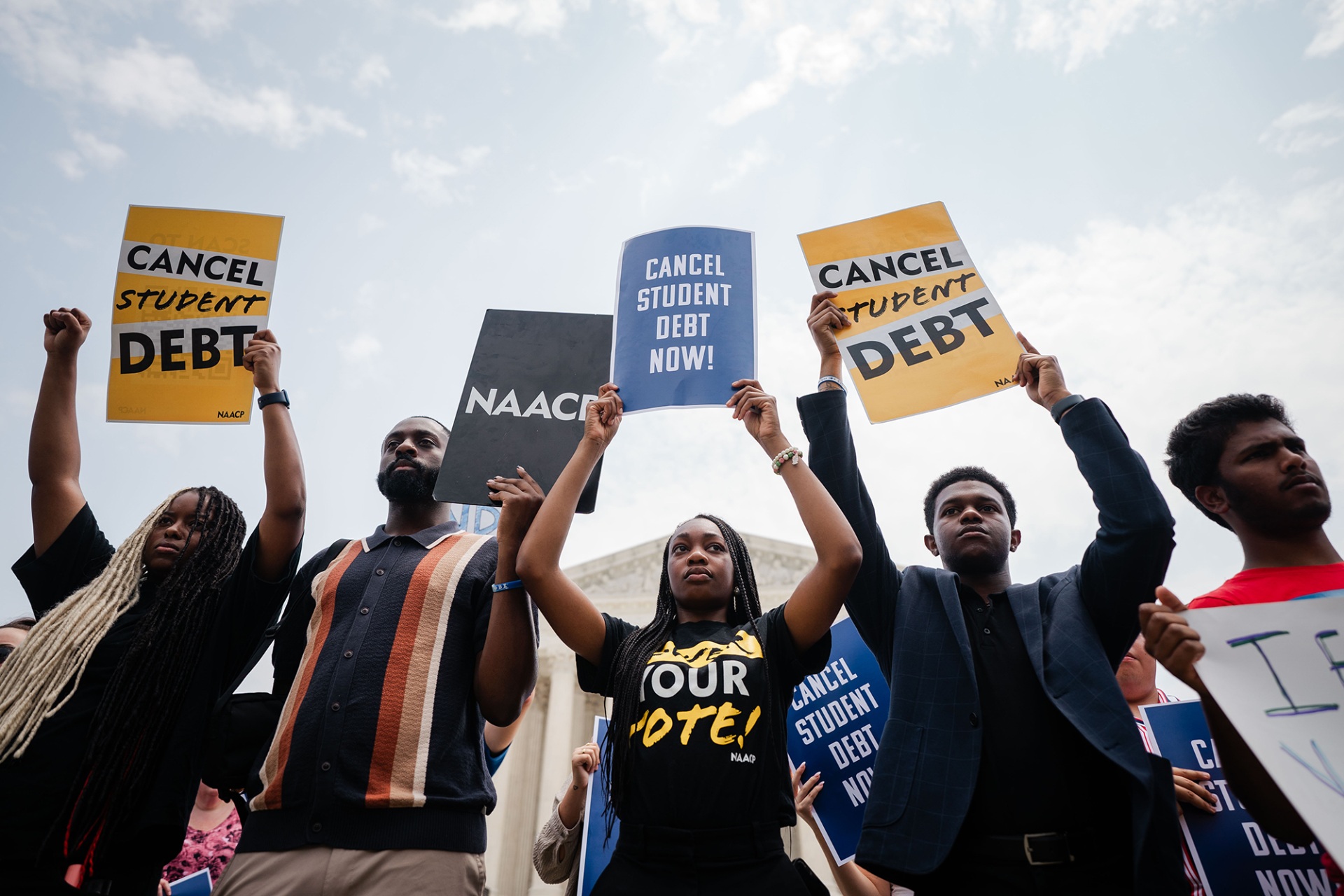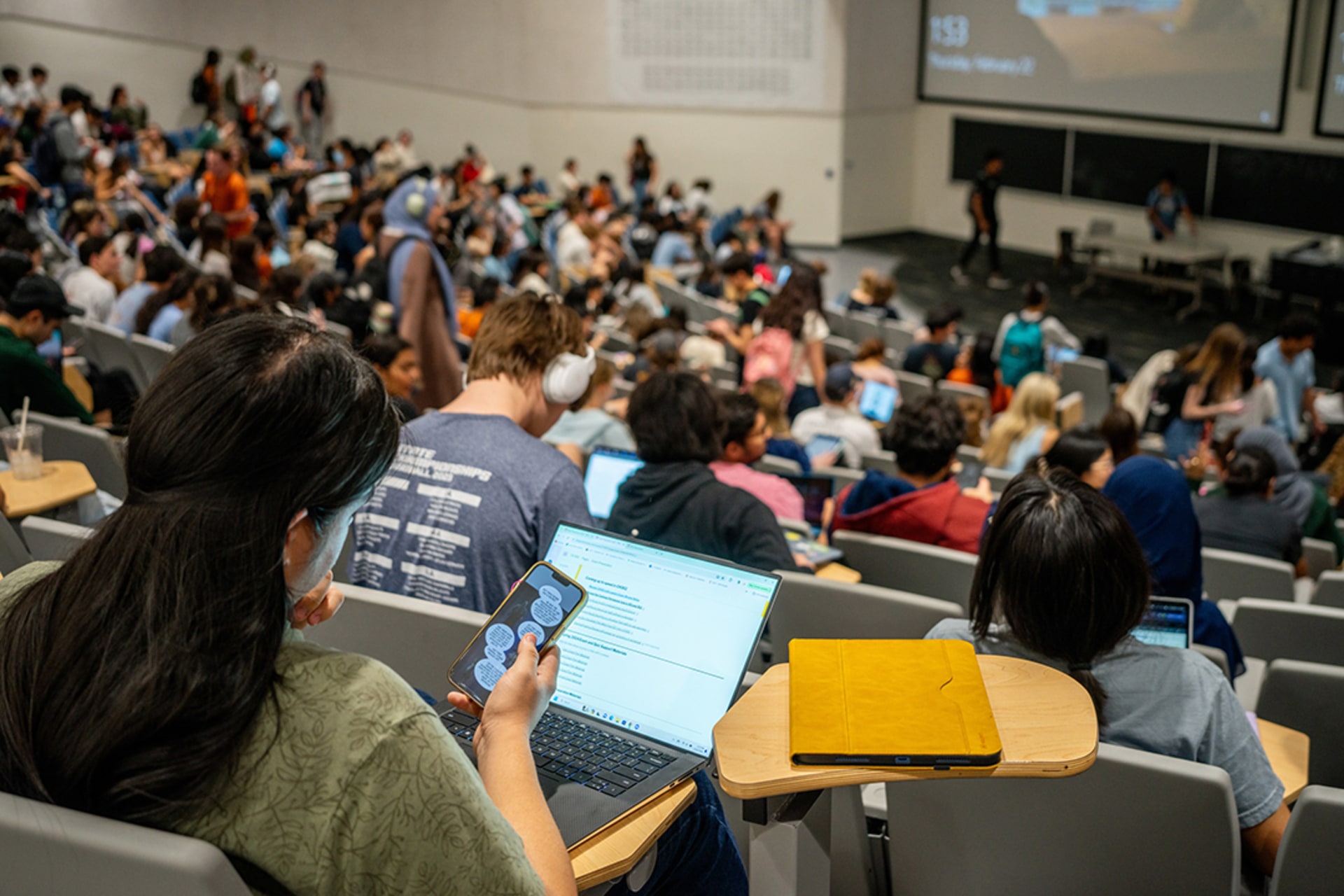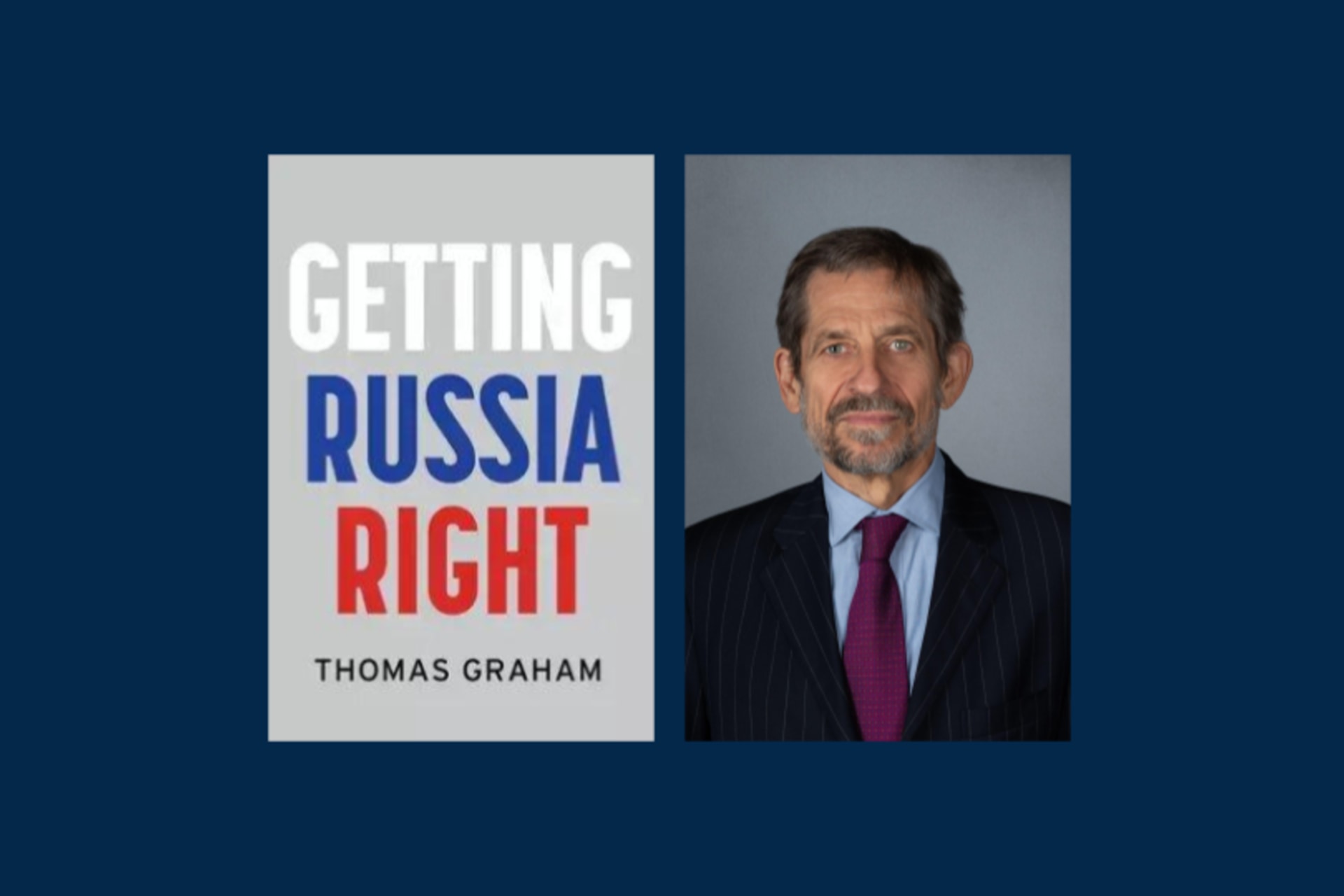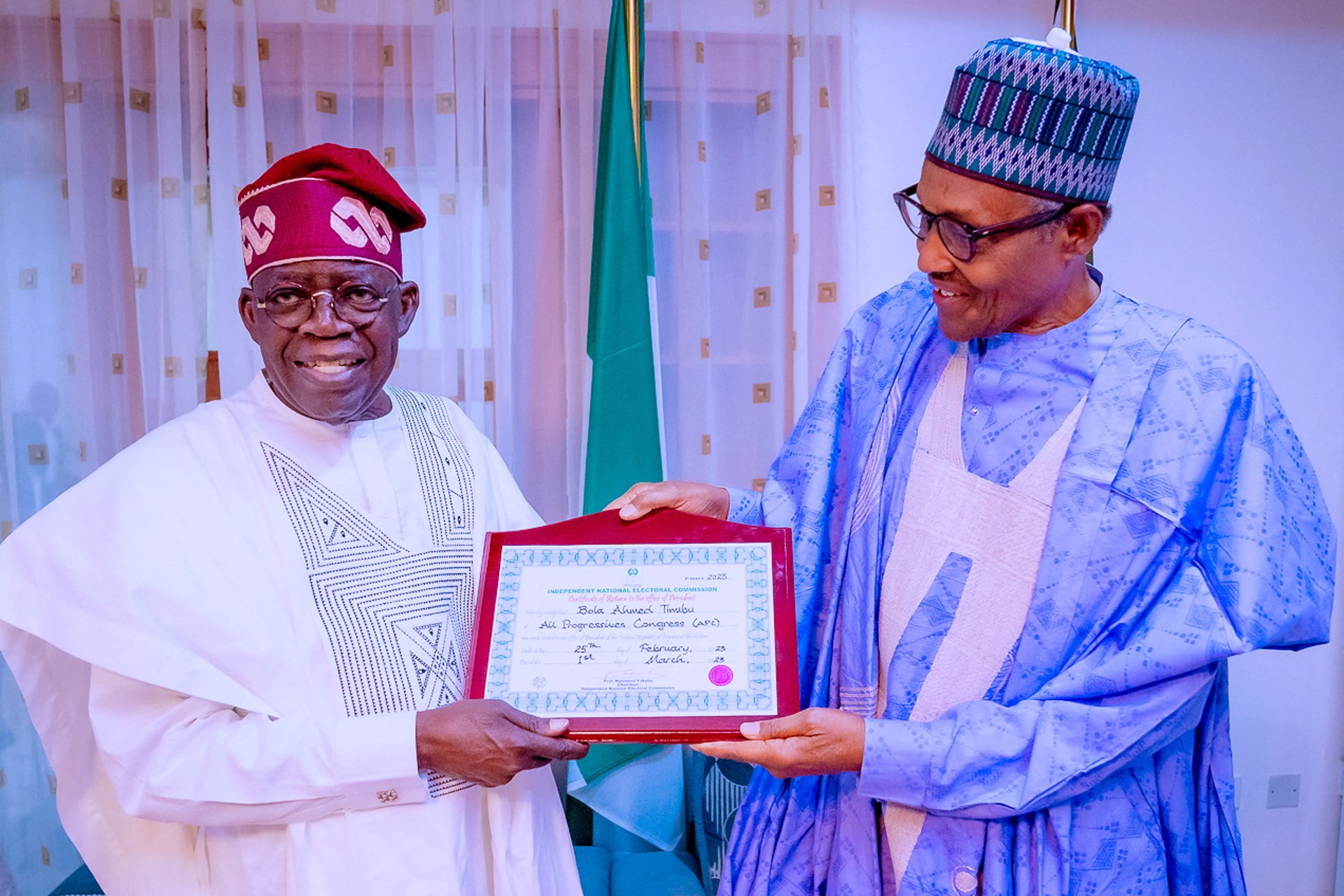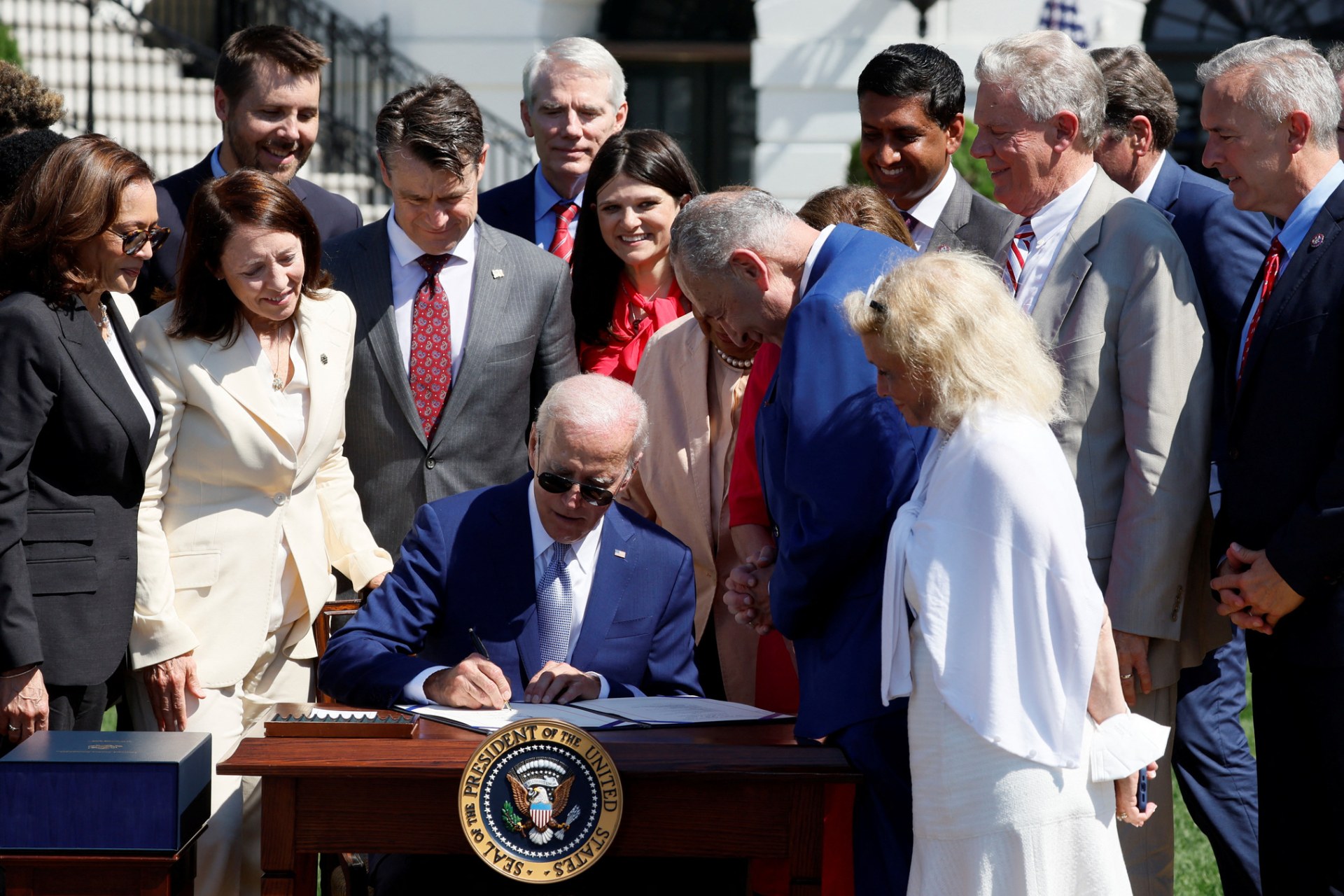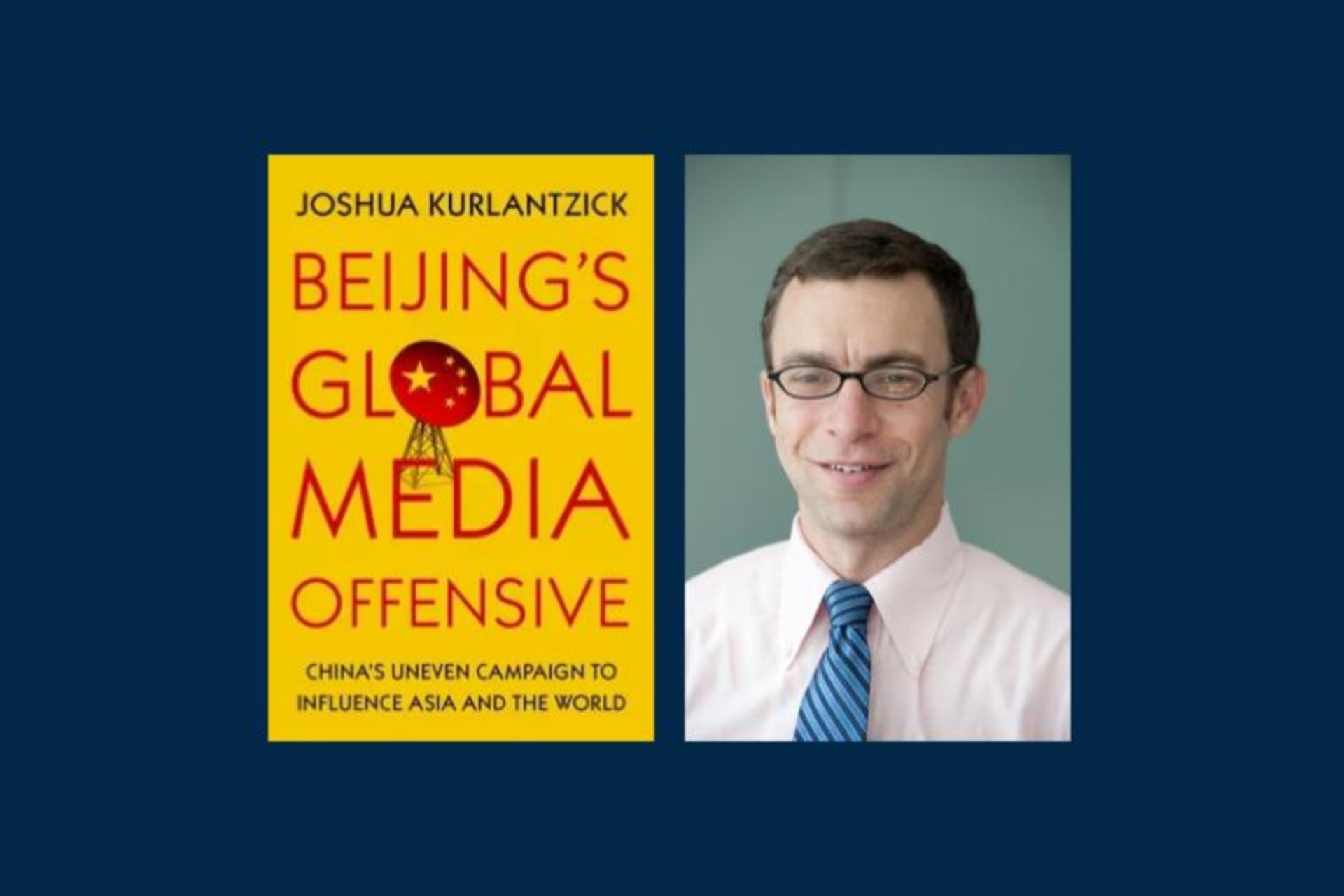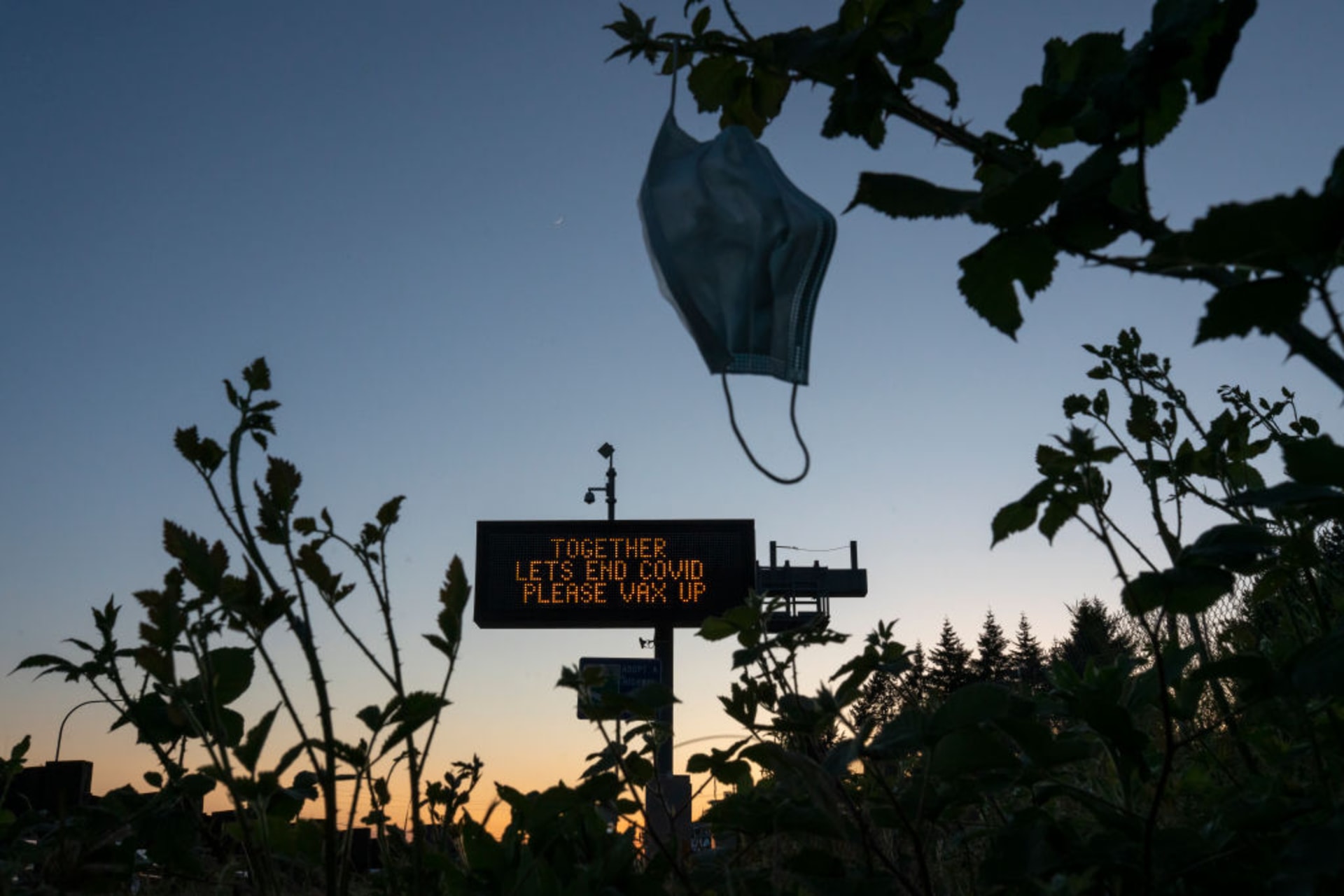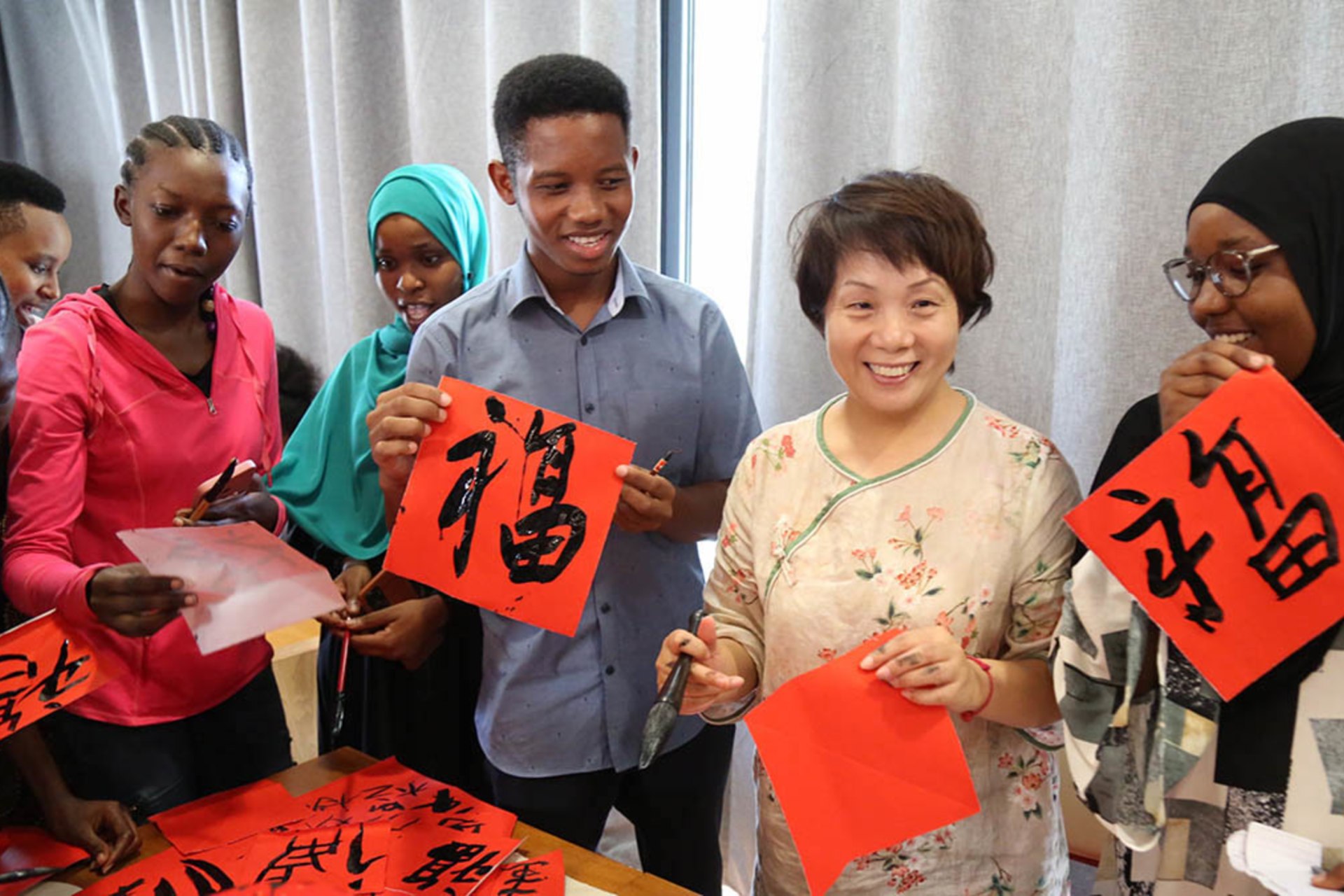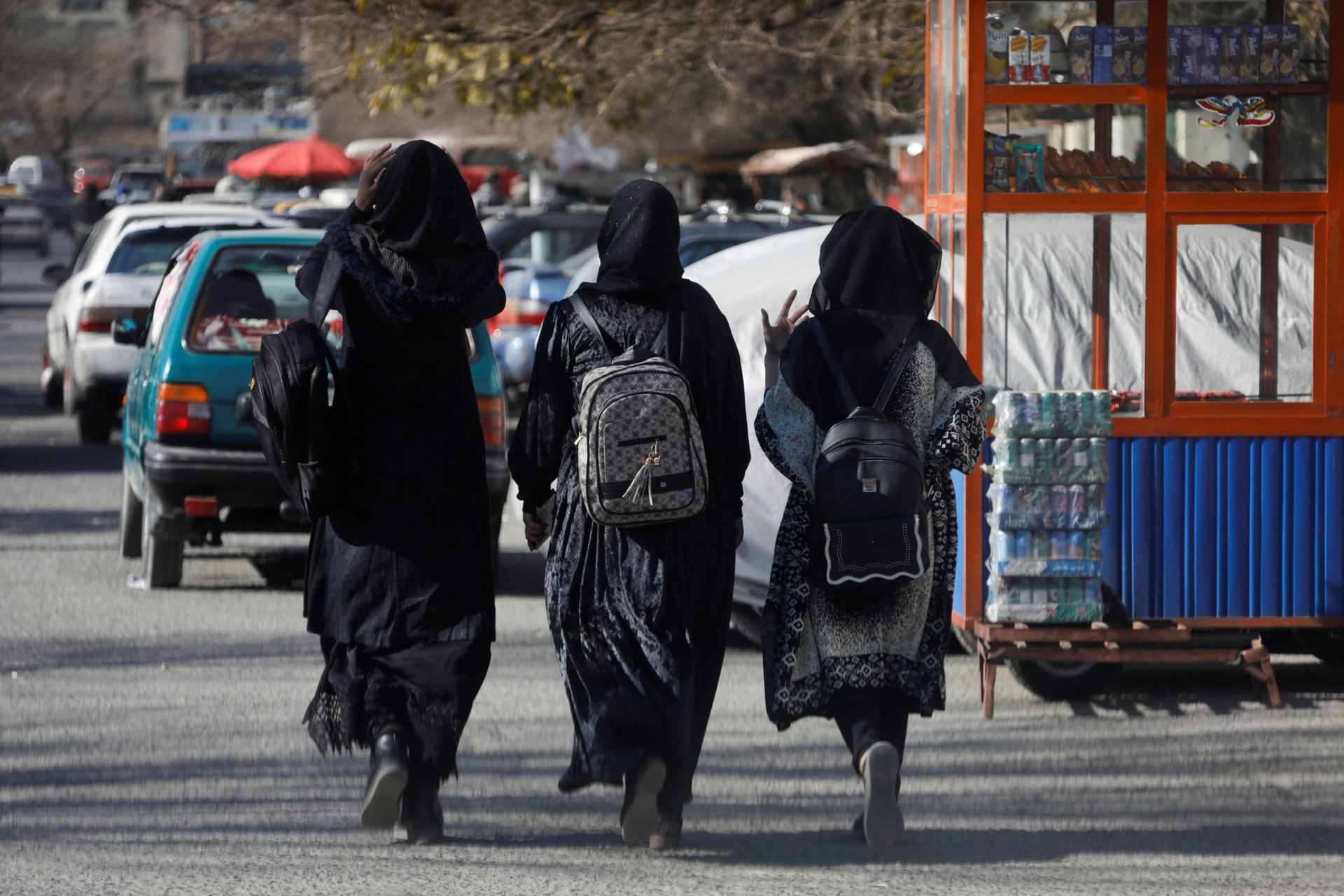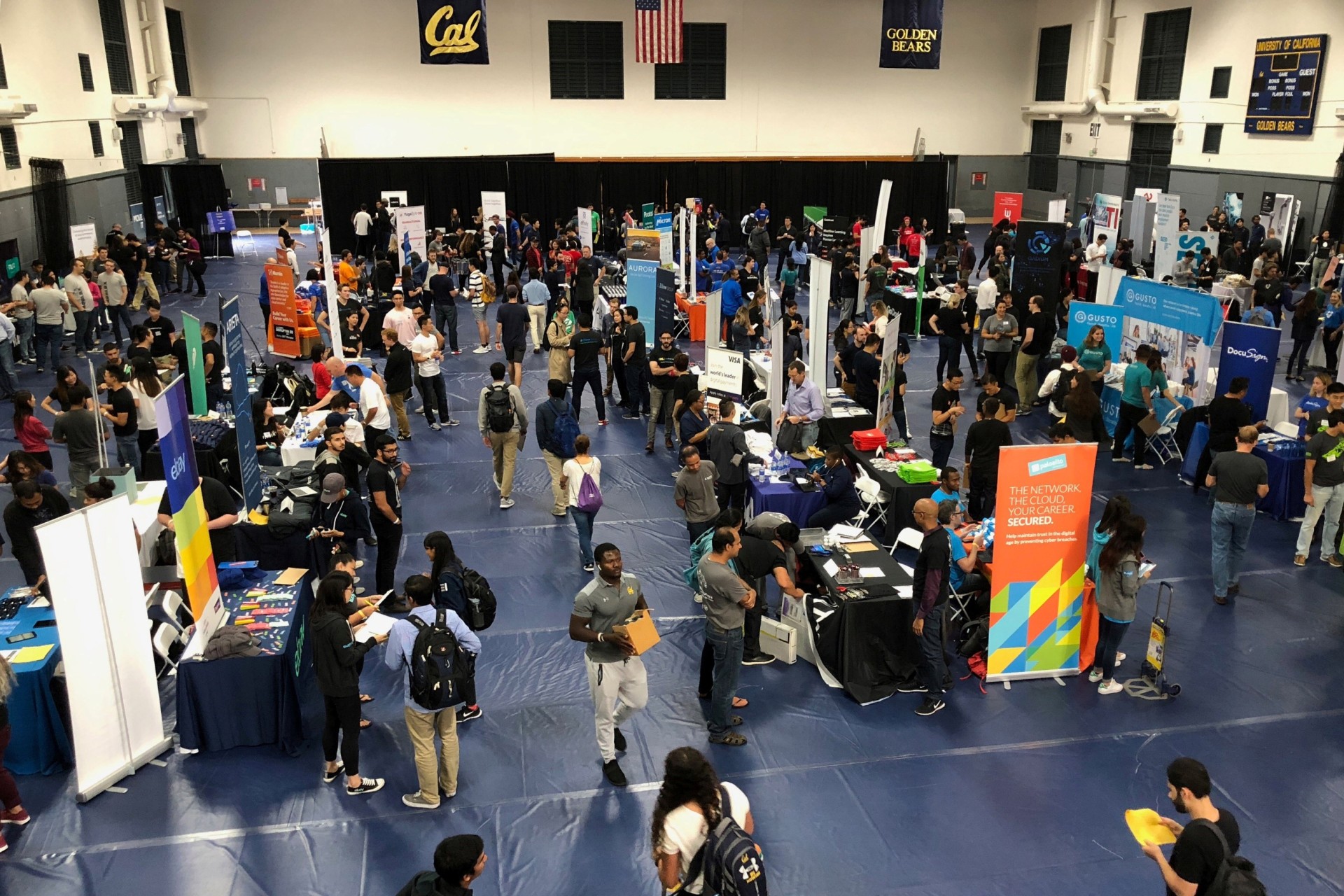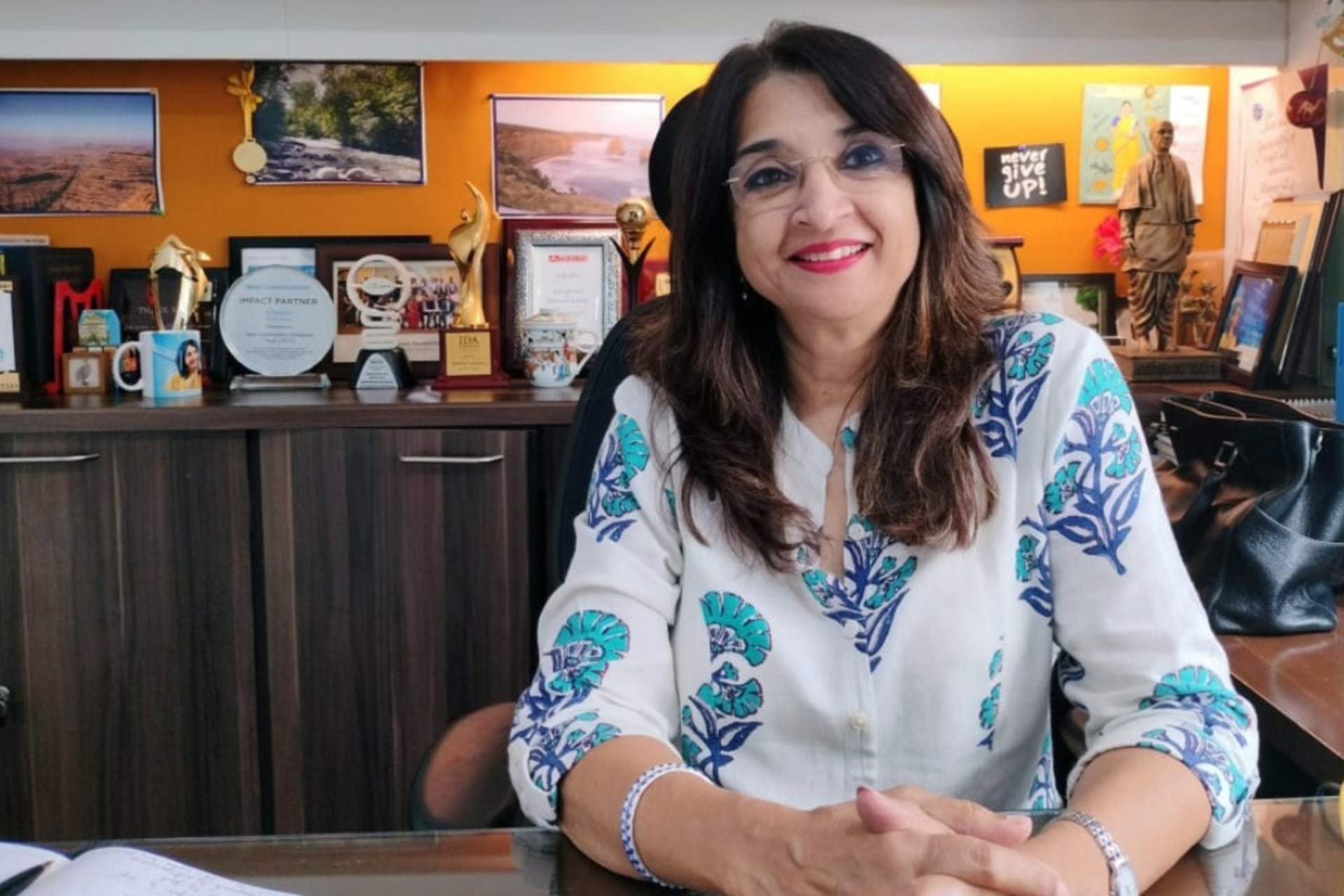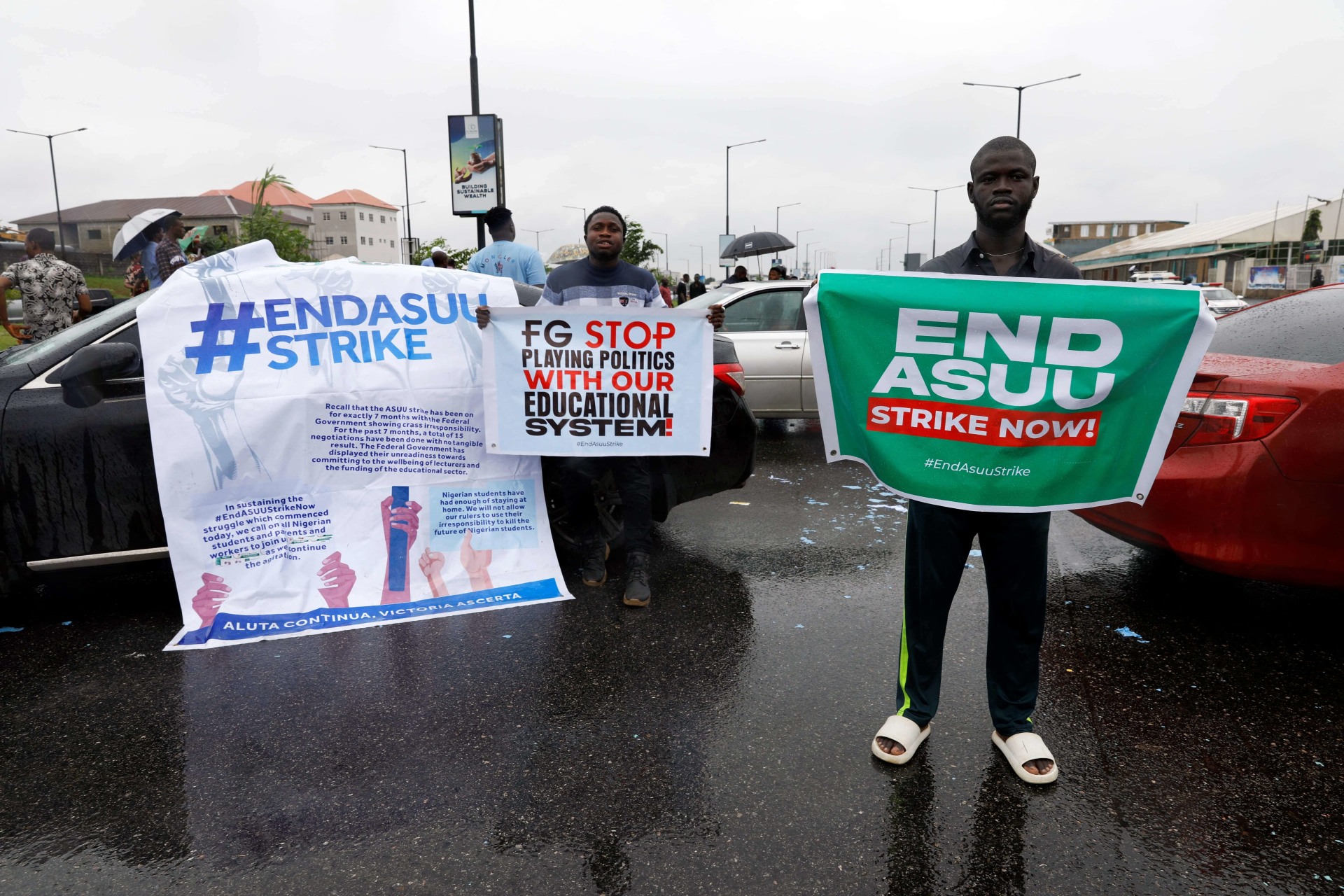By Elliott Abrams
Education
Archive
321 results
- By Elliott Abrams
- By Elliott Abrams
- By Elliott Abrams
![]() By Yanzhong Huang
By Yanzhong Huang![]() By Catherine Powell and Noël James
By Catherine Powell and Noël James![]() By Ebenezer Obadare
By Ebenezer Obadare- By Elliott Abrams
- Backgrounder
Is Rising Student Debt Harming the U.S. Economy?
![]()
![]() By Roger W. Ferguson Jr.
By Roger W. Ferguson Jr.![]() By Thomas Graham
By Thomas Graham- By Elliott Abrams
![]() By Ebenezer Obadare
By Ebenezer Obadare![]() By Thomas J. Bollyky, Isabella Turilli and Emma Castro
By Thomas J. Bollyky, Isabella Turilli and Emma Castro![]() By Joshua Kurlantzick
By Joshua Kurlantzick![]() By Sherry Van Sloun
By Sherry Van Sloun![]() By Manjari Chatterjee Miller
By Manjari Chatterjee Miller![]() By Ebenezer Obadare
By Ebenezer Obadare
